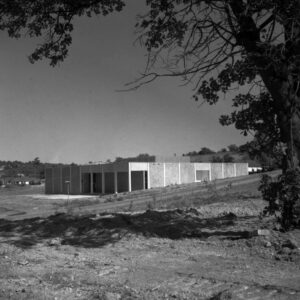 Laman Library
Laman Library
Entry Category: Pulaski - Starting with L
 Laman Library
Laman Library
Landmark (Pulaski County)
Levy (Pulaski County)
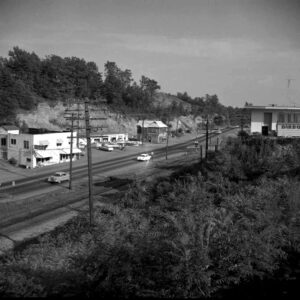 Levy Street Scene
Levy Street Scene
Little Italy (Pulaski and Perry Counties)
Little Rock (Pulaski County)
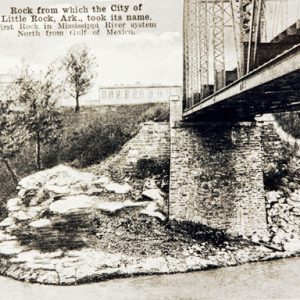 Little Rock [Geological Formation]
Little Rock [Geological Formation]
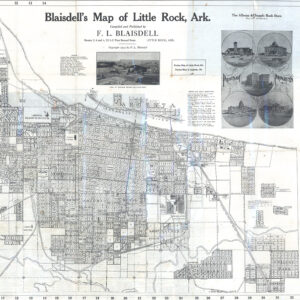 Little Rock Map, 1913
Little Rock Map, 1913
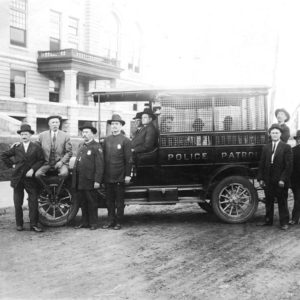 Little Rock Police
Little Rock Police
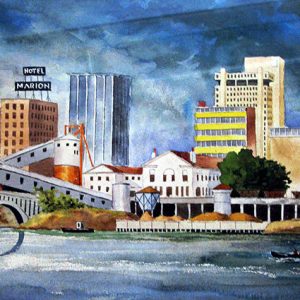 Little Rock Skyline
Little Rock Skyline
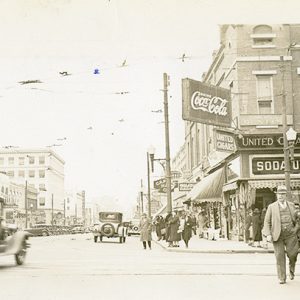 Little Rock, 1933
Little Rock, 1933
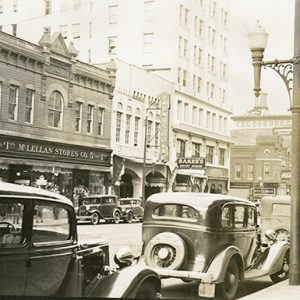 Little Rock, 1933
Little Rock, 1933




